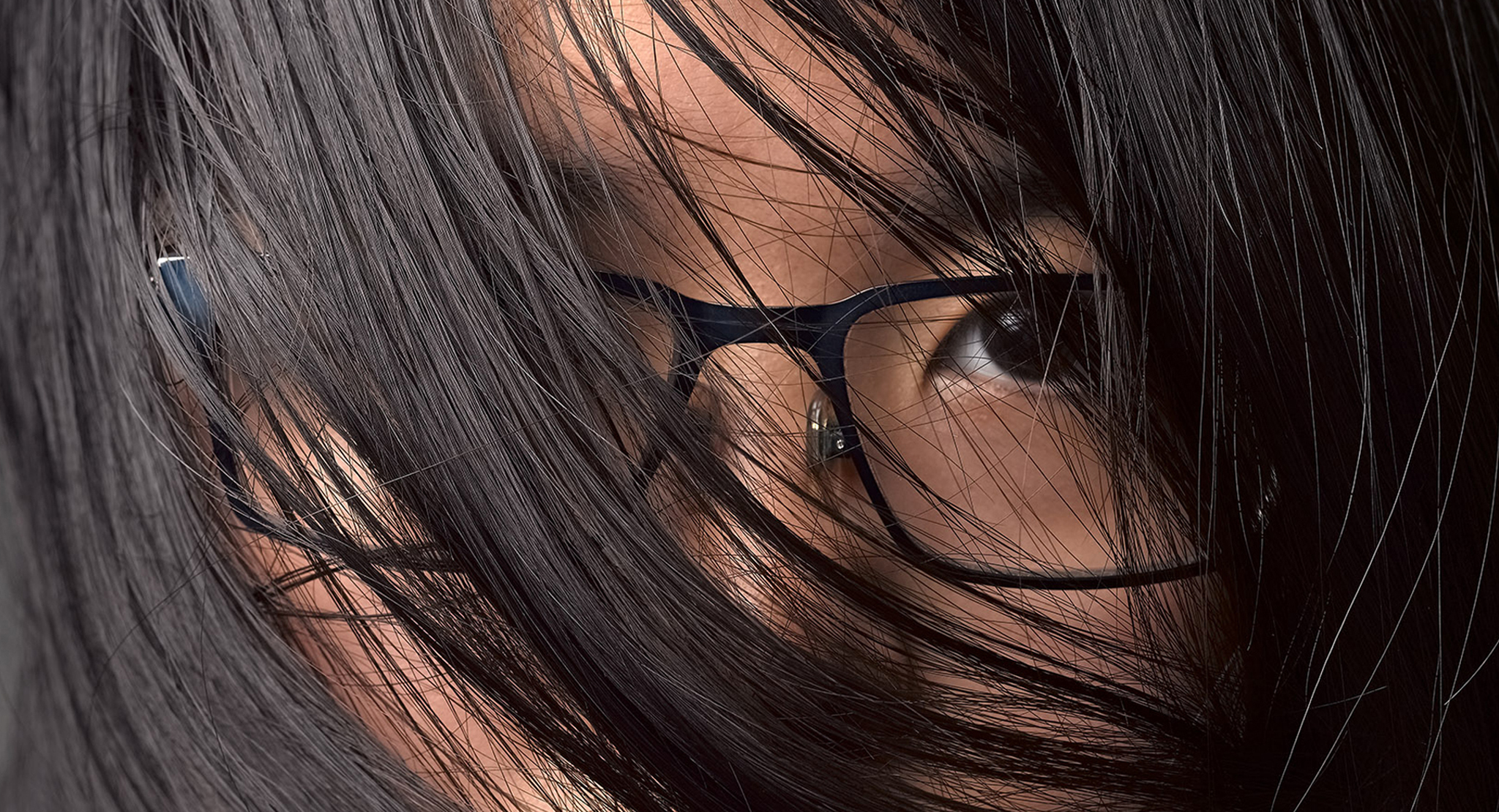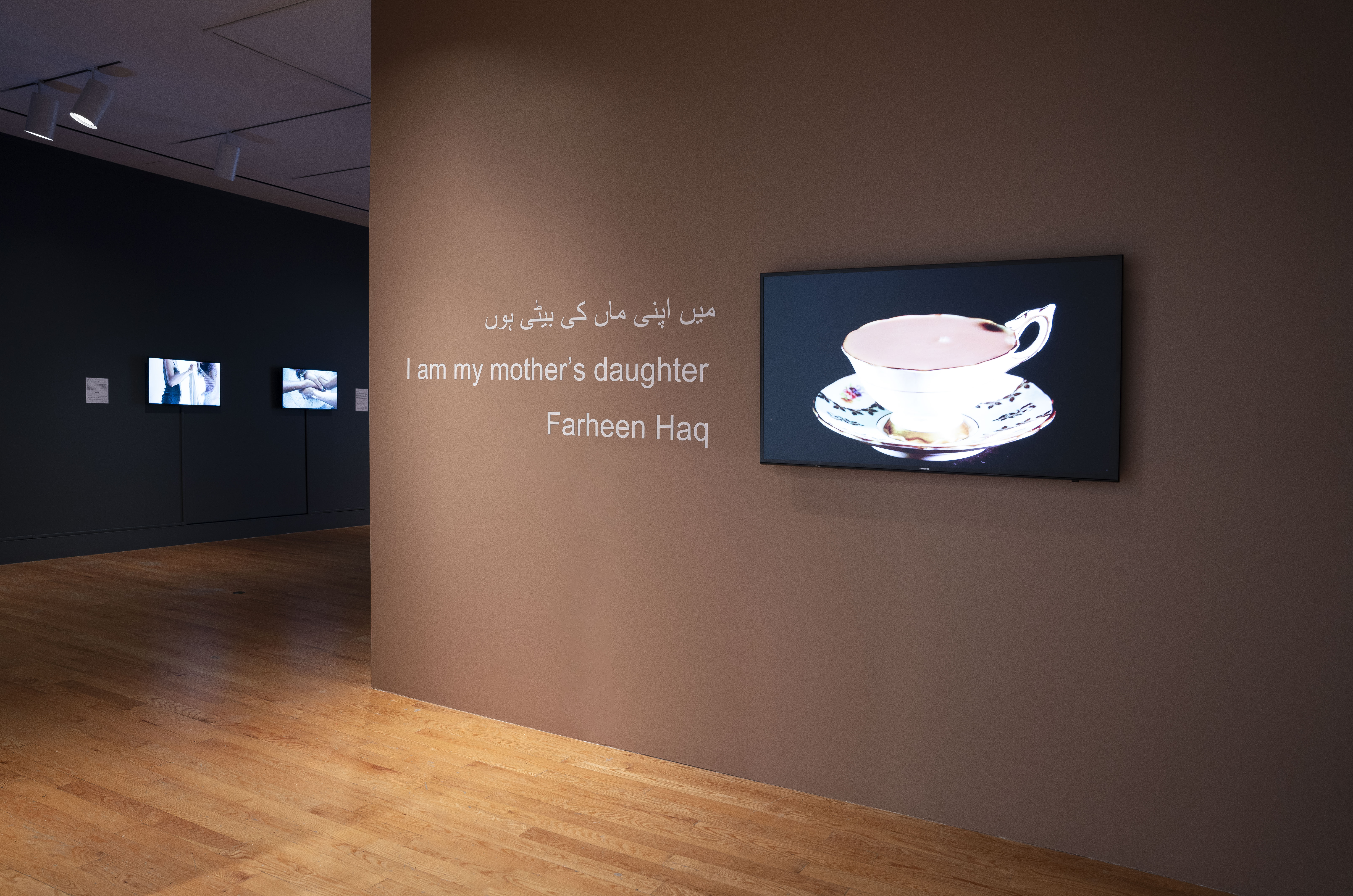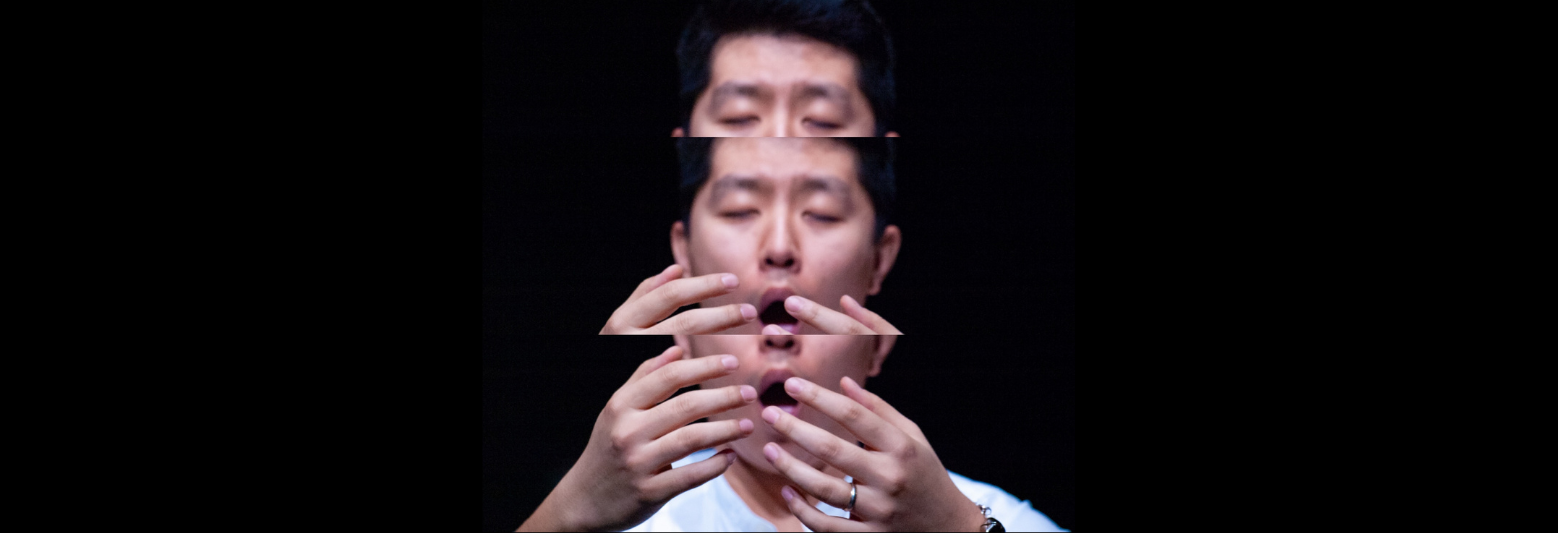I want to describe a small frustration of mine that I’ve been carrying; one that I feel is worth sharing, if only because it so exquisitely wrought. During the week of March 9, I spent a chunk of time laying out an exhibition in our Upper Fischer Gallery, a space colloquially known as the Community Gallery, dedicated to community-driven art exhibitions. This particular exhibition was one that I was considerably excited about, entitled Hidden: Sharing the Stories of Ontario’s Young Carers. It presented some 24 photo portraits taken by UK photographer Max Alexander of young people throughout Ontario who serve as caregivers to a family member or loved one. The exhibition’s title alludes to the fact that young caregivers, who make huge sacrifices of their time, their social lives, their own well-being, are chronically under-recognized and under-supported for their work. Each photograph in the exhibition is accompanied by statements made by each caregiver about their experience. It is very powerful.
Hidden was to launch March 14 and run to the beginning of May. March 14, as it turned out, was the very first day the Gallery closed to the public in response to the pandemic. This past week, we changed our messaging to confirm our full closure at the very least until May 25, not really a surprise, but nonetheless confirmation of the fact that this exhibition will likely be one that literally no one, not even a majority of AGH staff, will get to see in our space. The fact that it’s called “Hidden” makes it doubly absurd, almost as if we intended to deliver it this way, as some kind of conceptual exercise.
And it burns me, because of all the community exhibitions I have had a hand in presenting at the AGH, only very few of them are ever so perfectly on the mark. Our department has been working diligently over the last few years to reposition our arts activities as key tools in health and wellness. We have enjoyed growing success with Artful Moments, a studio program for adults with dementia and their caregivers, that has shown us just how potent the gallery can be as a space for caregivers to remedy social isolation, to strengthen their communities, and improve the lives of their loved ones. Hidden is an opportunity to animate this discussion further, to share the story about the essential role of caregiving, and the complexities of delivering health care, all eloquently and affirmingly expressed via striking photo-portraiture
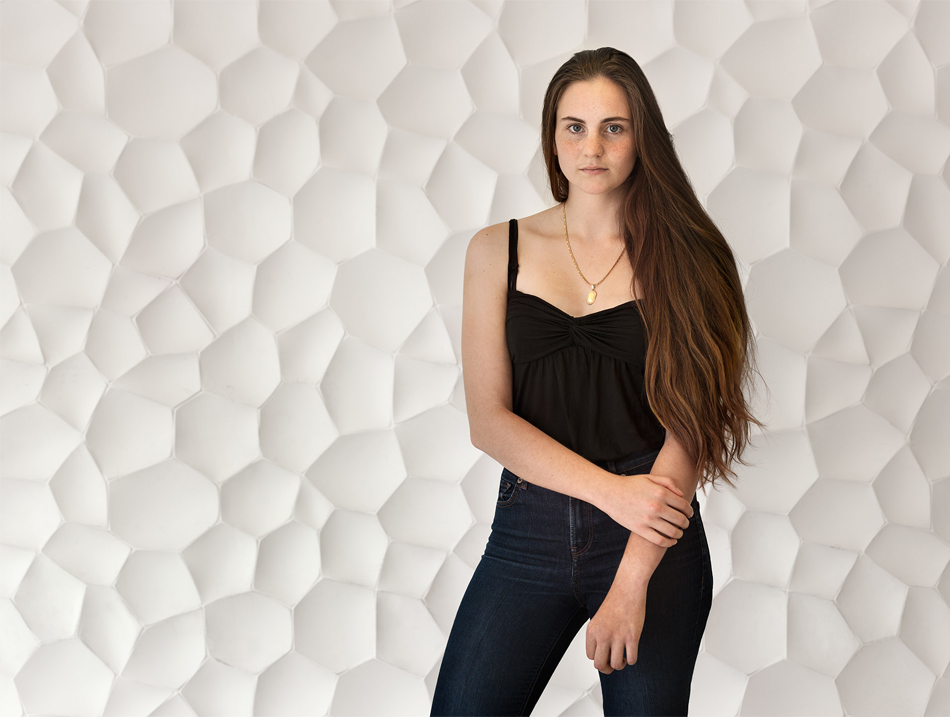
So, of course, we’ve been working hard to get the content of the exhibition online. This past week, I spoke with Jenna Nelson, who has been working with the Young Carers Program (YCP) run by Hospice Toronto for the last two years, and who has been directly involved in many stages of this exhibition – a project initiated in its planning and development by CEO Dena Maule working closely with The Children’s Society in England. YCP is focused on supporting children and youth between ages 5 and 18 who are in a caregiving role to a family member with a chronic or life-threatening illness, addiction, mental illness, disability, or a language barrier. The program offers social and therapeutic activities for nearly 200 members; these include social nights, summer camps, skill-development activities for leadership, self-care, and cooking, among others.
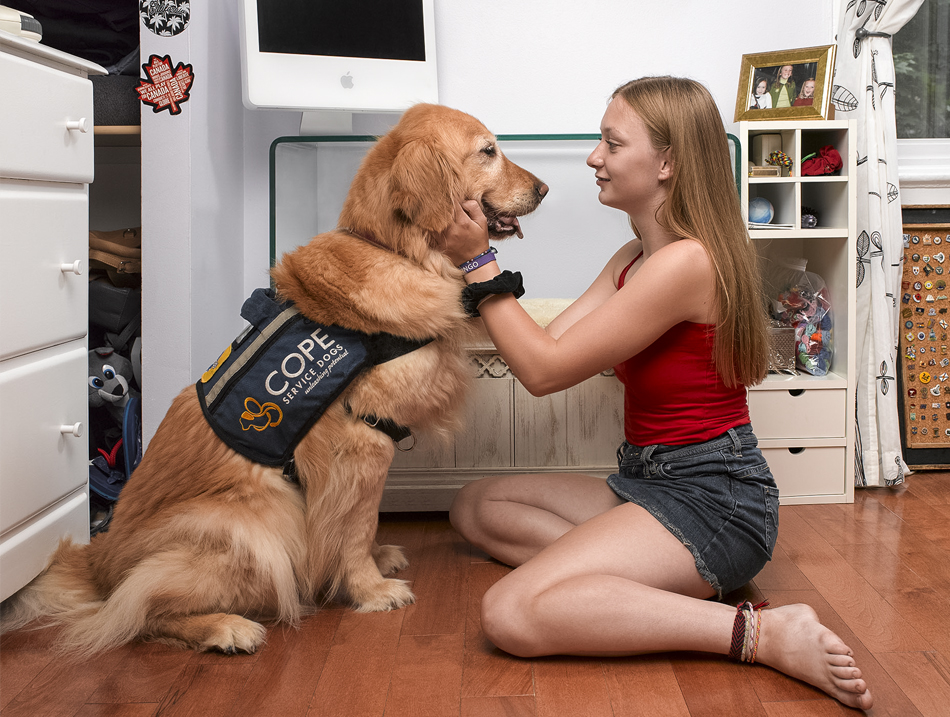
Because of the pandemic, like most organizations, YCP can’t deliver its activities in physical space, and has moved to online delivery. That, of course, comes with its own challenges, as Jenna explains:
“Right now, young carers need us, they really need to be connected, and we are trying to build ways to connect daily in order to address the physical isolation. For so many, social isolation is the norm, so it’s like ‘what’s new?’ But for these caregivers, school is a safe place, the basketball court is safe space; they no longer have that access. So the anxiety can be quite escalated, particularly when it surfaces as ‘when will it end?’, ‘when I go out of the house, what am I bringing back?’, ‘am I putting someone in compromised heath at further risk?” So we are trying to make sure there is every kind of support for them: daily on-line check-ins, e-books, lots of tools for self-care.”
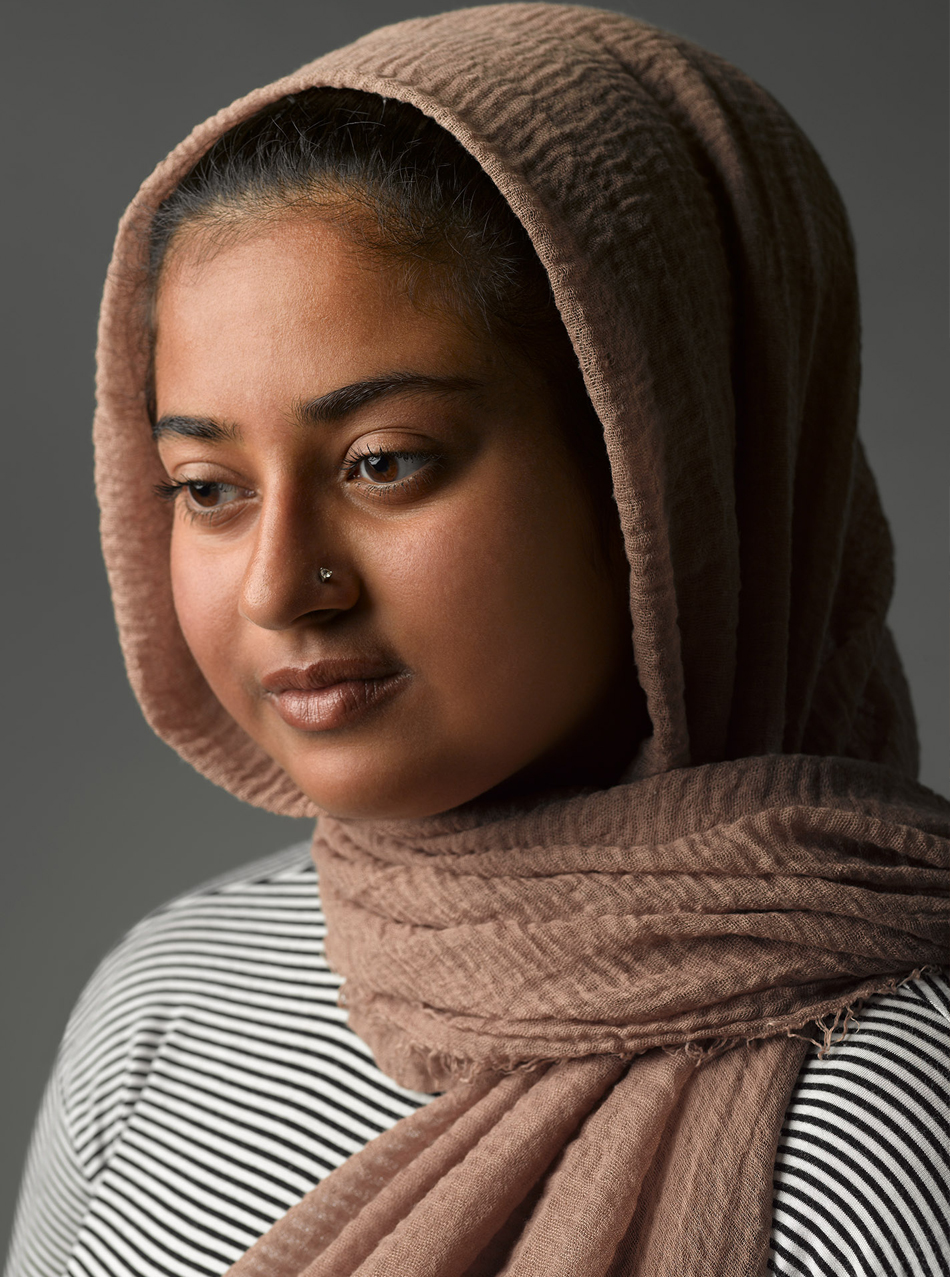
Hidden is based on a similarly named exhibition developed by The Children’s Society in England with editorial photographer Max Alexander, launched in 2015. Hospice Toronto and YCP worked with the Children’s Society to echo this concept in Ontario with the same photographer. The large photo-portraits, either taken in studio, or set within each subject’s familiar surroundings, seek to reveal an aspect of their inner life: their future ambitions, or the places, people, activities from which they draw strength. The accompanying text panels featuring quotes from each participant is a remarkably simple, and yet deeply affecting strategy, one which reveals an amazing amount of self-awareness and intelligence from even its youngest subjects.
Jenna continues: “Max Alexander himself was a young carer, whose mother coped with schizophrenia, so he was really able at building a connection with these kids. He came down for six weeks and I got to work alongside him. We did shoots in Toronto, Ottawa, Kitchener-Waterloo, and the Niagara Region…when this exhibition launched at Artscape (in Toronto) we were able to bring a lot of the participants together with Max at the opening. It was amazing.”
The AGH will present an online tour of the exhibition in the coming days. Hidden is scheduled to appear in multiple venues throughout Ontario over the next year. With luck, these exhibitions will be able to congregate new audiences, and awareness for young carers will hopefully start to get pulled out into the light.
All photo credits: Max Alexander
